The Loyola Biology Department

The Biology department is a student-centered, research-active, and socially-engaged department that is interested in studying life from the molecular to the population levels. With a flexible curriculum and extracurricular offerings, we encourage students to explore their interests as they develop into the next generation of scientific leaders.
Students in Loyola's biology program benefit from hands-on laboratory experiences, research opportunities with faculty, and a robust curriculum. Together, these experiences create a holistic learning environment that prepares graduates for successful admission to graduate and professional schools or for direct entry into the field. More than half of majors go on to medical, dental, or graduate school—with acceptance rates to professional schools that are nearly twice the national average.
Mission
The mission of the Biology Department is to prepare our majors for future careers and to contribute to society by providing a supportive learning community, a wide range of courses and high-impact activities that challenge students, experiential learning opportunities, and career development support. We seek to develop faculty expertise by supporting faculty as they define and develop their career trajectory as research scientists, teachers, and members of the academy. The Department seeks to make science understandable, meaningful, and relatable to the broader university and local communities by providing resources of time and expertise and through community-engaged mutual learning.
Vision
High-impact teaching and collaborative scholarship across the breadth of the natural world.
Values
The Biology Department believes in the inclusion of all people and equality in our policies and practices. We believe that while engaging in the discipline of biology should be fun, biology is also important in its ability to advance society and to develop rigorous and data-informed thought processes.
We seek to develop in our students a love for learning, self-actualization and self-identity as a scientist, science literacy and skills (including analysis, openness to ambiguity, flexibility and nimbleness of thinking, and scientific and academic integrity), and the ability and desire to integrate biology into their lives.
Biology's Solidarity Statement
Donnelly Science Center
Loyola's Donnelly Science Center features instructional labs and facilities for cell culture, neurobiology, forensic analysis, anatomy, and microscopy. Donnelly Science Center is currently undergoing a state-of-the-art addition and renovation, scheduled to be completed in 2026.Meet the Biology Community
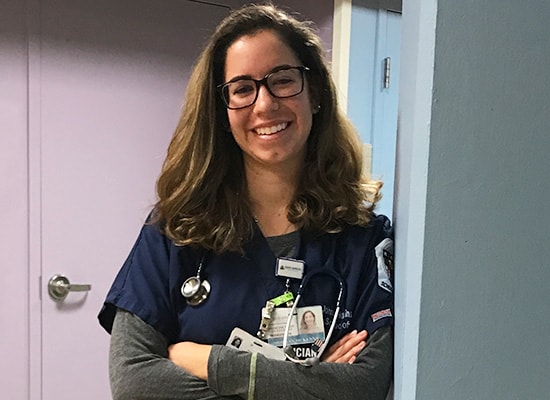
At Loyola, I was able—and encouraged—to explore different academic areas before committing to a single career path. I loved being able to integrate topics from different disciples into my daily life. With a Loyola education, I created a major that reflected my passions, combining biology with writing and a minor in sociology.
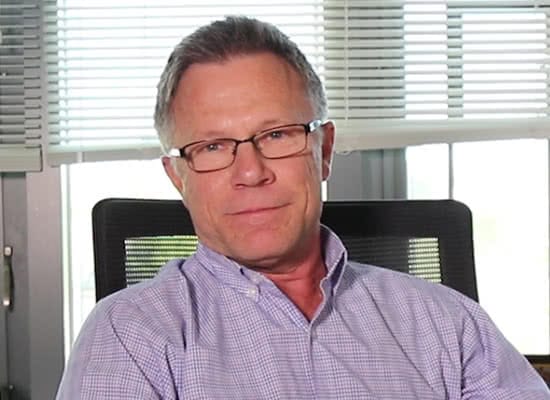
One of the things that really sets the biology department at Loyola apart is the caring nature of the faculty. We really do care for our students, and the students really care for us.
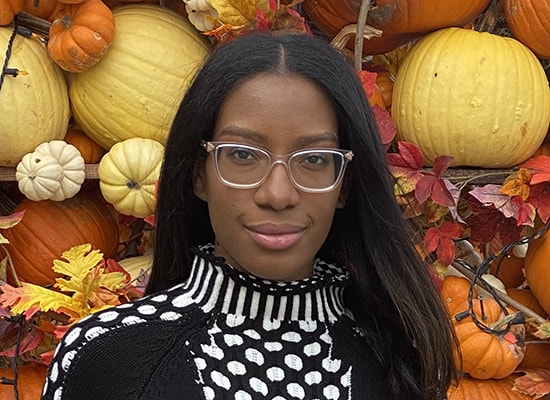
The possibilities for personal growth are endless. Loyola constantly provides students with the tools to succeed in whatever they put their minds to.

Loyola prepared me for medical school by helping me learn how to process complex information and think critically.
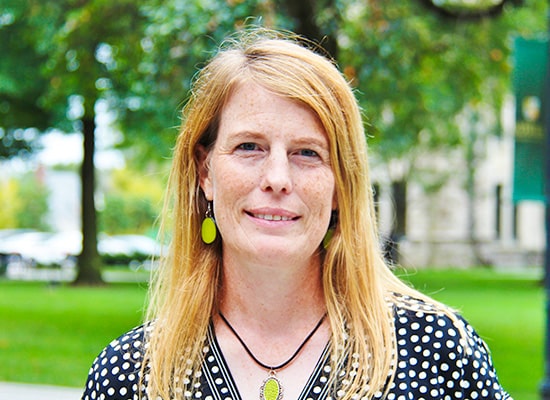
Unlike a big research university, every faculty member in the biology department at Loyola is invested in both teaching and research, which work to strengthen each other.
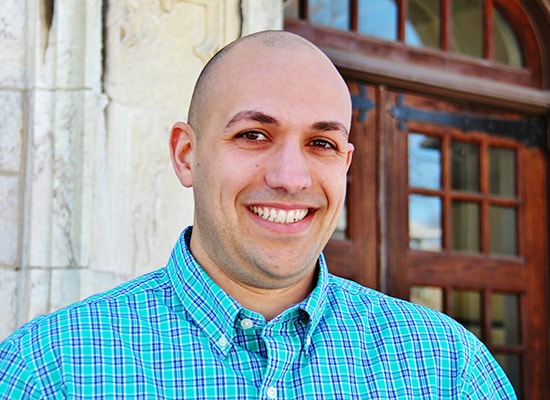
I am glad that our campus has such a caring community with services in place to help care for the whole person and make sure all aspects of life can be improved to help promote learning.